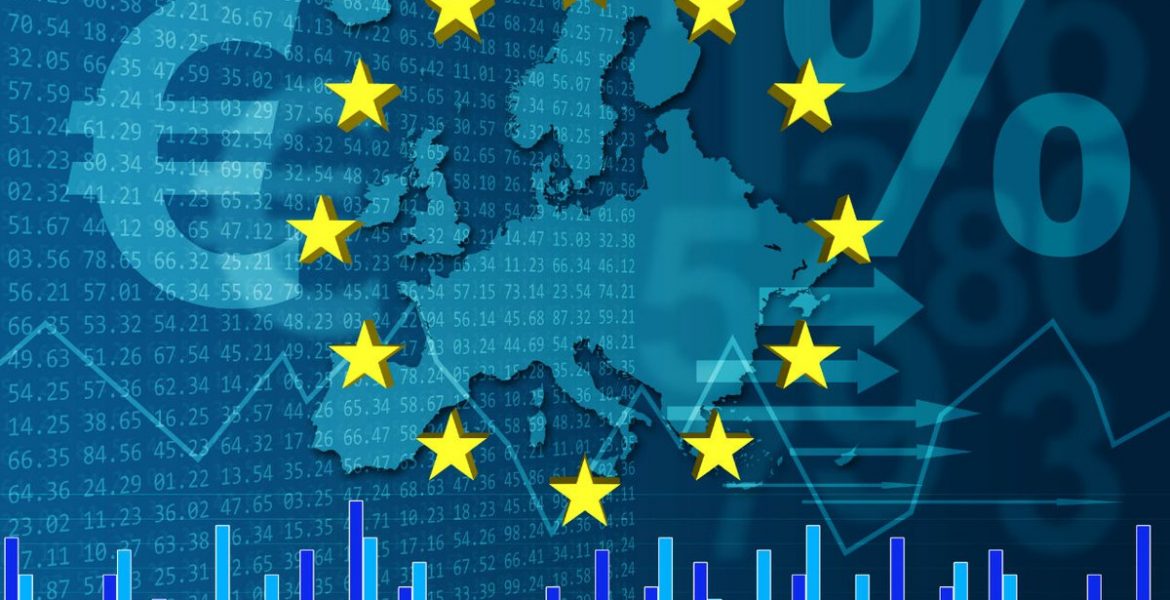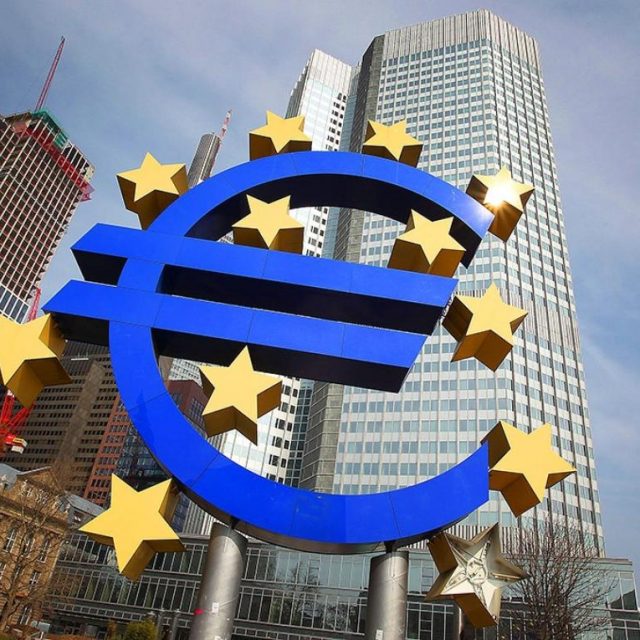Europe’s leading telecommunications companies have called on EU policymakers to closely align Europe’s technology ambitions with a supportive policy and regulatory ecosystem.
The demand came on Monday by 13 CEOs, including Nick Read, CEO of Vodafone, who took part in a panel on “Europe’s vision for industrial leadership in technology.”
The event was told that after years arguing against state aid, and for competition-based policy, Europe is explicitly backing industrial policy.
But key questions remain: Will this major shift in policy spur growth in technology companies and innovation, or is it too late? How will digital transformation reinforce the Continent’s traditional strengths in manufacturing, publishing, broadcasting and telecoms?
After the meeting, the bosses issued a statement which seeks to address some of these issues.
It reads: “We, the CEOs of Europe’s leading telecommunication companies, call on EU policymakers to closely align Europe’s digital ambitions with a supportive policy and regulatory ecosystem.”
It goes on, “Our sector is investing heavily to bring new digital networks to all Europeans: total telecoms investment has now reached €52.5bn/year in Europe, the highest in six years. We are innovating on top of our 5G, fibre and cable networks, with collaborative initiatives on Open-RAN, edge cloud and data-enabled services. We are taking decisive action on climate change by anticipating our own climate neutrality goals but also by facilitating extensive ICT uptake: this can enable up to 15% reduction in CO2 emissions across the whole economy.
“European political leaders have also stepped up their efforts for digital leadership. Having approved the 20% allocation to the digital transition in the Recovery Plan for Europe and supported this with ambitious EU Digital Decade targets, Europe is at a turning point,” says the statement.
It adds, “We now need concrete and immediate action to seize the opportunity and fuel further technological innovation and inclusivity. Europe’s global role cannot be limited to buying and regulating the technology built by others: we must create the conditions for homegrown digital infrastructure and services to thrive and set global standards that others can aspire to.”
In order to achieve these shared ambitions,the CEOs have called for action in three areas:
• A clear alignment between European digital leadership ambitions and competition policy. The positive signals on industry collaboration – ranging from network sharing to IPCEI projects and other forms of cooperation – are important steps forward and should be reinforced. Building scale in the telecoms sector remains a priority, inside markets as well as across markets: this is in the strategic interest of the EU and its citizens.
• Strong political buy in to ensure that regulatory action fosters investment in gigabit networks, which will require €300bn additional investmentvii. Regulation must fully reflect market realities, now and in the future. Namely, that telecom operators compete face-to-face with services by big tech, in the context of vibrant markets. High spectrum prices and auctions that artificially force unsustainable entrants into the market must end. Recent ideas to alter a European Commission proposal by extending retail price regulation to international calls – a competitive market where many free alternatives exist – are at odds with the Digital Decade targets: we estimate that they would forcibly remove over €2bn revenues from the sector in a 4 year period, which is equivalent to 2.5% of the sector’s yearly investment capacity for mobile infrastructureviii. In addition, the on-going policy work on reducing the cost of roll-out is of essence and should proceed speedily.
• A renewed effort to rebalance the relationship between global technology giants and the European digital ecosystem. Horizontal measures such as the Digital Markets Act play a crucial role and, for this reason, we firmly support them. In addition, we must also consider important sector-specific issues. Large and increasing part of network traffic is generated and monetized by big tech platforms, but it requires continuous, intensive network investment and planning by the telecommunications sector.
The CEOs, in the statement, say, “Europe needs a strong telecom sector and ecosystems. We stand ready to help institutions to further shape a policy environment that accelerates digitalization to the benefit of all European citizens and businesses.”
As well as Nick Read it is signed by Thomas Arnoldner, CEO, Telekom Austria, Nikolai Andreev, CEO, Vivacom, Guillaume Boutin, CEO, Proximus Group, Sigve Brekke, President and CEO, Telenor Group, Joost Farwerck, CEO and Chairman of the Board of Management, KPN, Alexandre Fonseca, Executive President, Altice Portugal, Timotheus Höttges, CEO, Deutsche Telekom, Philip Jansen, CEO, BT Group, Allison Kirkby, President and CEO, Telia Company, José María Alvarez Pallete, Chairman and CEO, Telefónica, Stéphane Richard, Chairman and CEO, Orange Group and Urs Schaeppi, CEO, Swisscom.




